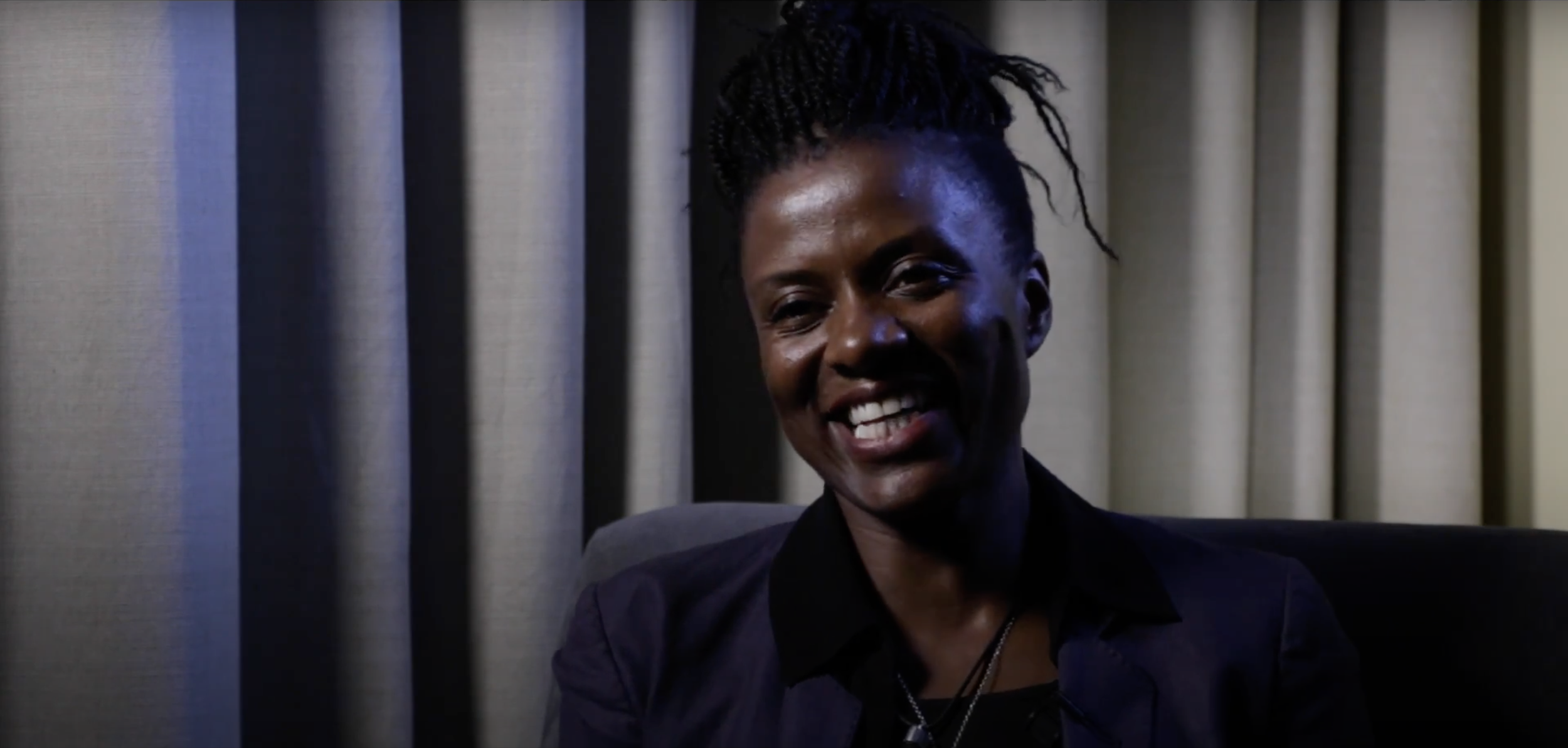My Song
Shot primarily on smartphones, RNW’s My Song series, created and produced by Serginho Roosblad, looked at the personal stories behind the songs of Africa’s most politically and civically engaged musical artists of the early 2010s. A time which saw fast economic growth on the continent, and with it a growing young population coming of age in a digital era of new social media platforms. In tandem with the Arab Spring many of these musicians, profiled by My Song found a new stage to get their message across.
Fed up with what a group of young Senegalese describe as the state of mind of their society being one of 'defeat', they decided to start a collective called Y'en a Marre, meaning ‘we are fed up’. Although they came from all walks of life - a mishmash of musicians, activists and journalists - they had one thing in common: to bring about change in Senegal. MC’s Djily Bagdad and Thiat reflect on their song 'Dox ak sa gox', meaning ‘To work with your community’ in Wolof.
Does poverty in Africa persist because of policies by global financial institutions, such as the World Bank and the International Monetary Fund (IMF)? Instead of lifting people out of their hardship, these policies achieve the opposite, say some critics. One of them is Nigerian afrobeat musician Seun Kuti, son of the famous Fela.
The ‘field’, to Netsayi, is a metaphor for Zimbabwe. “In a way it represents the country,” the singer explains. “There are divided opinions as to how the country should be functioning. But the people who live here love the country and we carry on with still a certain amount of pride of whom we are.”
MC Wang Jok of the hiphop crew Bila Wa Movement, tells the story of his track 'Lapiny', meaning 'evil spirit' in his native Acholi. The song tells the story of an evil spirit waking up the youths of Northern Uganda, many of them former child soldier for the infamous Joseph Kony, from their sleep, only for them to be faced with poverty and deprivation.
Bobi Wine has become a firebrand politician in Uganda, even running for President. The artist sits down with My Song to talk about the power of music and art and how he’s trying to promote non-violent disagreement in politics with his song ‘Dembe’
Boda driver by day, MC by night. Emmanuel Kizito, also known as ‘Emma K’ has proven himself to be a true hustler trying to make ends meet, while pursueing his life-long dream of being a musician.





